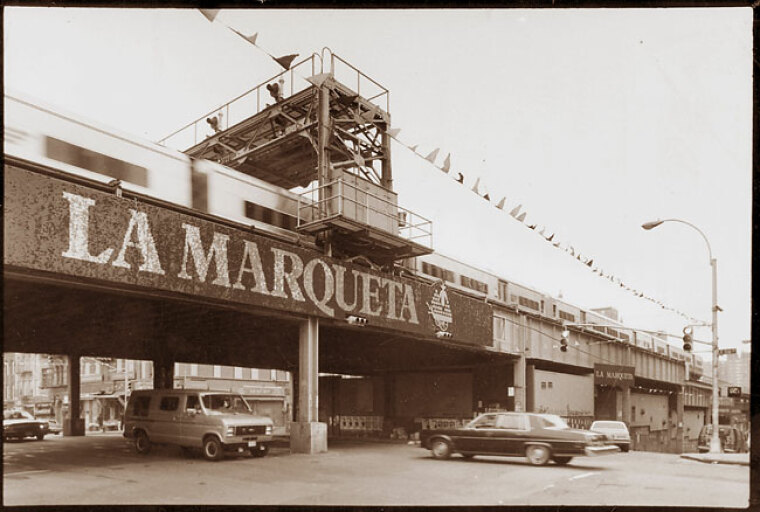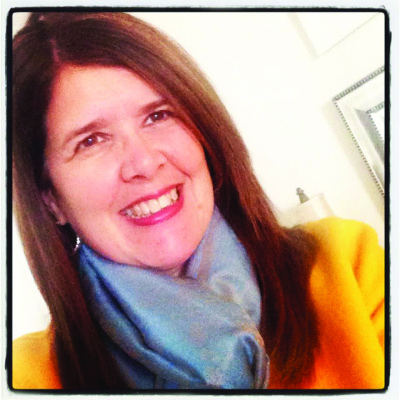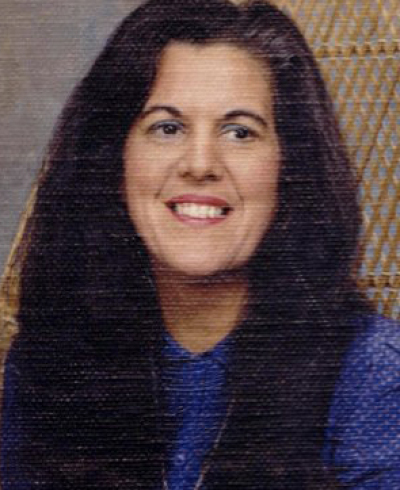Man born same year as MLK, shot in Harlem in 1950, reminds niece of tragedy

NEW YORK CITY (Christian Examiner) -- Today's celebration of Martin Luther King Jr.'s birthday, his historic "I have a dream" speech, and reports across the country related to marches and protests related to Ferguson, Mo., and New York City remind of us a chapter of American history that is far from over.
It is an era many would like to rewrite -- I fear -- or hit the delete button on their iPads to remove. But while some cast their eyes downward, others roll their eyes with impatience, and a few tighten their lips in anger -- there are a number who simply pray for a new age in which "we shall overcome."
The same year Martin Luther King Jr. was born in Atlanta, Ga., 1929, my uncle, Sergio Rodriguez, was born in Tampa, Florida.
But while King's dream has been etched into the hearts of most Americans, ultimately it was the justice for which he pleaded -- for unknown young men like my uncle whose blood was spilled on a dirty sidewalk in Harlem in 1950 -- that King was assassinated.
I cried recently for the uncle I never knew when I finally pieced together the story that has been in my family for decades, but never really made much sense to me until now.

Late on a Sunday night in 1950 my uncle's friends decided to throw him an engagement party -- borrowing a Victrola (record player) from a neighbor for the celebration. As the group moved around the neighborhood, two off-duty New York City cops emerged from a bar, obviously inebriated, and accosted the young men -- asking them insulting questions about what they were doing. Assuming my uncle had been involved in a robbery, they waved their guns at him and told him to stop. Instead, he ran, fearing the worse.
A story in the July 24, 1950 New York Times reported "a 20- year-old youth was shot to death by two detectives after he had stabbed one of them as they tried to halt an early morning street fight in East Harlem. ..."

A Spanish newspaper reported the tragic event significantly different. The story below a photograph of my grieving grandmother bent over my uncle's casket quoted eyewitnesses who recalled him being unarmed and carrying the Victrola. They said the young men were non-violent, but that the trigger-happy cops shot him in the back.
Family members remember loving and sympathetic neighbors -- blacks, whites, Hispanics, Jews, Catholics, Protestants -- gathered in the streets of Spanish Harlem to protest my uncle's shooting and to show solidarity for my family and urge the police department to punish the officers involved.
Today we might call that a march by activists.
A petition signed by 2,000 citizens, and affidavits corroborating the witnesses' stories of innocence prompted the District Attorney's office, nearly a full year later, to open an investigation into the case, according to the Times.
My uncle's death literally took my gentle mother's voice away. For months, the 14-year-old remained mute -- shocked by the news of her beloved brother's death.
New York City lost its Big Apple appeal for my grandparents after that. They loaded their large family into a caravan of vehicles and moved to California to pursue the American dream. They returned once to New York for a hearing in the case of the police officers reportedly who were exonerated of all charges. One went on to become a hero.
BORN A MINORITY
By the time I was born in 1961 the Civil Rights movement was in full swing.
Interestingly, I grew up hearing just a little about Sergio, nothing about Spanish Harlem, and hardly thought of my family as minorities.
Only years later did I finally realize my family's love of black beans and ability of many of my relatives to speak fluent Spanish was not exactly the norm in an America where we increasingly sought to integrate.
In fact, as my mother served up Kraft macaroni and cheese, teased her hair into the bouffant style of the 60's, and shied away from too bright colors -- she was just an all-American parent. Her denial of Hispanic roots took on new meaning when we moved to Arizona and she tried to pass as a Native American -- deflecting our heritage altogether.
My daughter and I discuss family issues frequently and recently talked about how close my mother, my grandmother and her sisters were. How they lived in a culture, and an era when family was a priority over friends. We talked about how much we've overcome in some ways. I was surprised when she recalled being raised "poor" with hardworking ministry parents who were in school and working several jobs sometimes to be able to have health insurance and necessities. Barely scraping by.
I laughed. And inside I cried. I told her it was all relative and that I thought she had so much more than I had growing up riding a city bus most of the time, going to 23 different schools through high school, and living very meagerly with a single parent.
And then I thought of mother and the New York City tenement building where she lived; the polio epidemic that caught her when she was six and caused her to spend a year in an iron lung; the ignominy of being pushed down the stairs in middle school by a teacher who used a racial slur before shoving her.
UNDERSTANDING
And that's when understanding began to dawn on me.
Maybe leaving New York was more than just leaving the big city because of its violence and for the promise of new job opportunities out west. My grandfather, Navy veteran Ramon Frances Morales, changed his name to Raymond Frances Morgan before dying in a tragic accident just a year after he became a naturalized citizen.
I wish I could tell my mother it's all right that she never did admit to me that she was Cuban. I wish I could tell her that speaking Spanish and singing in her first language was not an offense, but the most beautiful, wonderful thing I ever heard -- and I would give a million bucks to hear it again. I wish I could steal my sweet mother away to the beach and bake in the sun for a week (skin cancer aside) and tell her not to worry that she was getting "too dark."
My mother worked extra hard at making sure her children loved everybody. Never once did I hear her utter a racial slur nor did she make fun of ethnics or those disadvantaged economically or mentally. For real. Nor did she focus on injustice towards herself -- but instead, once she was miraculously saved, pointed only to the power of the cross -- the awesome loving grace of God -- to rescue the perishing -- as the answer to all of life's hurt and pain.
"Jesus, Jesus, Jesus, there's just something about that name," was her favorite song -- and the name of Jesus was lifted higher than any other in her presence. Period.
Today, in what has been called the post-civil rights era in America, I hope my grandchildren have an opportunity to learn about Uncle Sergio and his contemporary, Martin Luther King Jr. One whose dreams were cut short by bullets in Harlem before his 21st birthday, and the other whose "I have a dream" speech inspired us to live in harmony with each other.
But while we are still inspired by King's words, let those of us in the church who are familiar with the ultimate story of pain, suffering and sacrifice -- make sure we don't unintentionally change the subject midstream while this chapter in America is still being written.
We have a lesson in Luke 14 when Jesus goes to eat at the house of a prominent Pharisee and comments about how guests rush to choose for themselves the best places at the table. He tells the host to invite the poor, the crippled, the lame and the blind. One of the guests apparently tries to smooth things over by changing the subject -- and distorting His message that the Kingdom of God is available to all. Jesus is unflustered, but continues with even more clarity with the Parable of the Great Banquet.
As we reflect on MLK's words, let's ask ourselves if we live in a time when: "little children ... live in a nation where they (are not) judged by the color of their skin but by the content of their character," where, "little black boys and black girls (are) able to join hands with little white boys and white girls as sisters and brothers," where we have been able to "transform the jangling discords of our nation into a beautiful symphony of brotherhood. With this faith we (are able to) work together, to pray together, to struggle together, to go to jail together, to stand up for freedom together, knowing that (we are) free ..." and where "freedom ... ring(s), ... from every village and every hamlet, from every state and every city, (and) all of God's children, black men and white men, Jews and Gentiles, Protestants and Catholics, (are) be able to join hands and sing in the words of the old Negro spiritual, 'Free at last! Free at last! Thank God Almighty, we are free at last!'"
Let's remember the purpose of which we stand together, and not misuse the message of Rev. Martin Luther King Jr. Remember he knew it was because of our faith we are able to work through any differences to stand together in proclaiming we are "free at last"!
-- Joni B. Hannigan is a senior editor at Christian Examiner who resides in Houston, Texas. Her mother, June Ramona Johnson, of Prescott, Arizona, died in 2002.